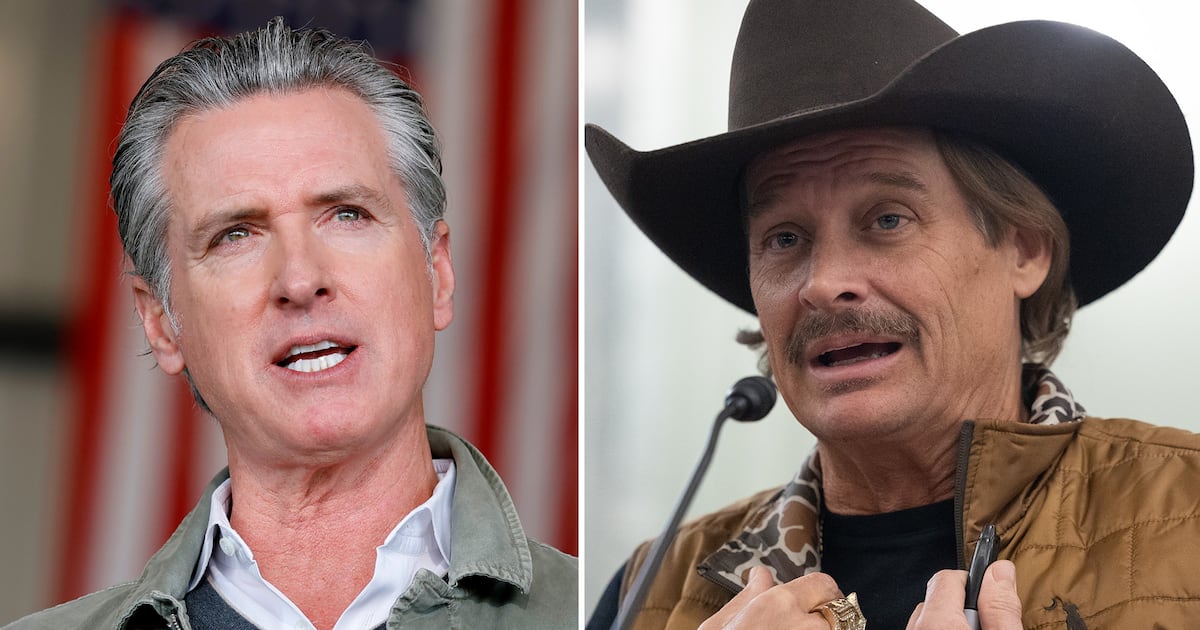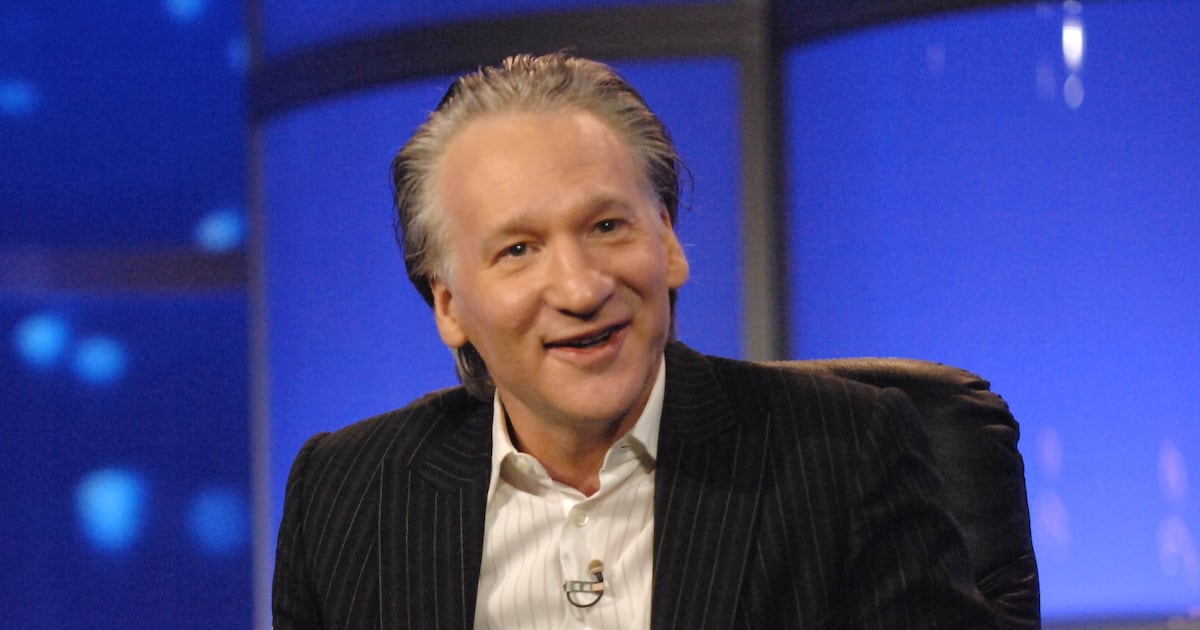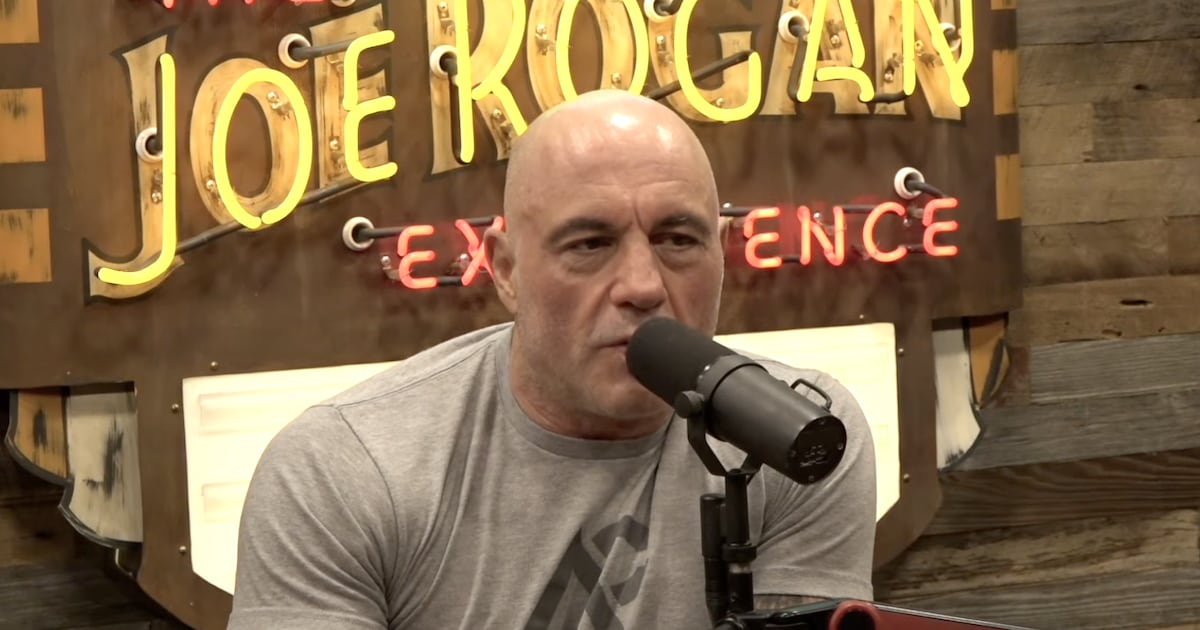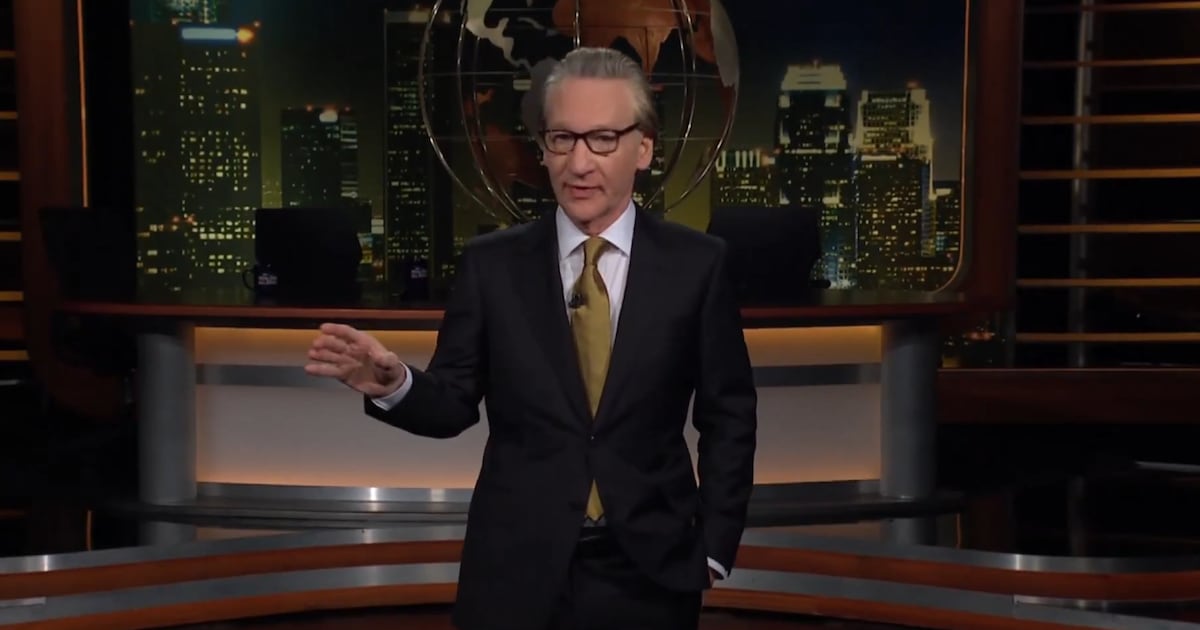Unfortunately, it seems to be really over this time. Five years after Perry attempted her first big comeback with the beautiful, underrated song that is “Never Really Over,” she’s back with new music that, based on the instant thrashing it received on social media, reminds everyone exactly why they stopped listening in the first place.
Perry’s comeback single “Woman’s World” features lyrics and orchestration that are so devastatingly reductive that—even if you could ignore the extremely troubling fact she resumed working with producer Dr. Luke, who has been accused of sexual assault by Kesha—the worst offense may just be that the song is plain bad. After all, music fans and the general public have long forgiven questionable figures when they release a salacious bop (take for example, Doja Cat’s “Say So,” also produced by Luke).
“Woman’s World” is lyrically devoid whilst lacking the infectious production required to salvage the song. There’s nothing to grasp onto, whether you love it or hate it. It’s really just boring and one-note. And despite playing it so safely in the aim for a hit, the song has failed to gain any positive traction, while still managing to elicit a firestorm of discourse. From the ill informed choice to partner with Luke, leading people to question the authenticity of the song’s feminist statements, the song was doomed before it even dropped, further cemented by the one-note lyrics.
In the wake of the song’s release, Cat Zhang wrote for The Cut that Perry’s “a 2010s relic, a faded pop star frantically attempting to clamber back to relevance, only to be thwarted by her inability to tell up from down.” The Guardian called the track “regressive” in a one-star review, while Pitchfork’s review noted, “Even if ‘Woman’s World’ didn’t sound like its author had to have feminism explained to her by the top half of the first page of Google, its message of empowerment would have rang false, simply because it was co-written and co-produced by Dr. Luke.”
From the first note of “Woman’s World,” it’s obvious the song’s going to be a dud. Lyrics like “Fire in her eyes / Feminine divine / She was born to shine / To shine, to shine, yeah” are so corny and cliche that it seems like Perry’s about to pull the rug out from under us and reveal that the song and its cheesiness is all a silly joke. This song sounds like it’s a bit in a TV show that satirizes the real world, but it is, in fact, real. Even the 30 Rock parody version of a song like this would be more memorable. Denise Richards’ “La Piscine” did not die for this.
There’s no bridge, no final chorus, and no breakdown. The song is essentially two and a half minutes of drab elevator music from an artist who seems hellbent on making us forget she’s actually super talented.

Katy Perry at the Katy Perry: PLAY Las Vegas residency
John Shearer/Getty Images for Katy PerryThe music video is so tasteless, serving as a chilling callback to 2017’s “Swish Swish” and its desperate attempts to achieve virality. Where did the subtly humorous stylings of “Never Really Over” or the effortlessly sexy “Harleys in Hawaii” drift off to? At this point, Perry has no discernible image of her own, merely glomming into half-hearted ideas with a minimal understanding of what makes them work, while allowing her collaborators to do the heavy lifting.
Utilizing World War II feminist imagery and 2000s-chic American flag bikinis, the video seems baffled by its own message. What is being conveyed by mild critiques of glossy consumerism in a video that seems more supportive of capitalistic feminism than disturbed by it? It’s almost like Perry gets the point that her song is a vapid retread and too trivial to be taken seriously, yet it’s not even punchy enough to be fun. It’s just a depressing reminder that we’ve been holding Perry to a higher standard than she will ever hold herself.
It’s not a great sign when Perry felt compelled to release a video explaining the sarcastic meaning behind the music video. She claimed, “YOU CAN DO ANYTHING! EVEN SATIRE,” in the post on X. The music video and the response proved that, evidently, she cannot do that. Not at all.
It may come as a shock that this comeback has crashed and burned given the major nostalgia people have had for Perry’s Teenage Dream era in recent years, with the title track experiencing a major renaissance as numerous TikToks blew up begging for Perry to return to that kind of music. The stars truly seemed to be aligning for Perry, and all that was left was to release some good music. Obviously, that did not happen.
There’s no doubt Perry entered this era with a fire behind her eyes and a determination to reenter the cultural zeitgeist after a decade on the sidelines. If only she had learned the right lessons from her past failures. “Never Really Over,” which was released in 2019, may have failed to dominate the charts—surely unhelped by its only live performance coming from a bathroom stall—but years later, the song is highly regarded as one of Perry’s career highlights. It could’ve helped usher in a new path for Perry beyond chasing hits, one where she can actually carve out a respected identity of her own.
That’s a path many formerly mainstream pop stars have taken that Perry could have followed. Just look at Carly Rae Jepsen, who hasn’t charted on the Billboard Hot 100 since 2015, yet has no struggle selling out tour dates and booking festival gigs. Then there’s Charli XCX, whose BRAT has attained massive critical success whilst permeating the zeitgeist a decade after her brief mainstream arc. The secret is to cultivate a fanbase who actually care about the quality of your music, not its placement on the charts. And that’s something Perry has never achieved in her career as she’s hopped from trend to trend, released albums carried by their massive singles, and neglected to strengthen her sound beyond the schtick she perfected in 2010.

Katy Perry performs at Spike TV's 2nd Annual "Guys Choice" Awards in 2008
Alberto E. Rodriguez/Getty ImagesIt’s weird to consider the lyrical punchiness of Perry’s pop debut, 2008’s One of the Boys, given how far she’s strayed. There was a breathy desperation, a relatable yearning in Perry’s early offerings, something that helped her stand out as a cheeky great. Even when Perry fully leaned into commercial pop, with Teenage Dream, she maintained an immersive personality. The title track remains one of the finest songs of the 2010s with its expert build-up, while 2013’s Prism showed that Perry could pivot to adult-contemporary pop stylings, if she chose to.
Yet, everything since Prism has been a rollercoaster of ineptness. It was easy to give Perry the benefit of the doubt when 2017’s Witness flopped, as, for all its flaws, the album at least attempted to move Perry’s sound in exciting new directions. It was a risk that showed that Perry wanted more than to just coast through a career of lifeless hits. How was she supposed to know that dying her hair blonde and getting a pixie cut would eradicate her popularity? Of course, that era was further sabotaged by the awful single choices. After Perry debuted “Chained to the Rhythm” and doomed the album by coining it “purposeful pop,” she quickly delivered the final blow by dropping “Bon Appetit” alongside a grotesque video, contradicting the point of her lead single immediately.
Perry followed up Witness with Smile, a more muted era for her. But the album worked as a reset after the harsh reception to Witness, helping Perry quietly regain some support from fans, as they waited for her to launch her next big commercial attempt. So it’s shocking that Perry has burnt all that goodwill in record time. Not only has Perry’s return with “Woman’s World” come across as desperate and contrived, but it’s alienated her remaining fans.

Katy Perry performs at the Super Bowl in 2015
Karl Walter/Getty ImagesReuniting with Luke is a sad reminder that Perry doesn’t understand the moment—or even her own strengths. Just because her last hit was produced by him doesn’t mean that a reunion will prove fruitful, either commercially or critically. Did Perry even look through her own past collaborators or did she and the label just crunch the numbers and figure that, since Luke produced “Dark Horse” and “E.T.,” he must be the only one who can save her career? What she should have done is call up the producers behind “Walking On Air”—a deep-cut that far outshines most of her singles—and said, “Let’s make history.”
This piece, one of many critiquing the song’s epic failures, at least suggests she has some relevance left in her struggling career. But an artist only gets so many flops before they enter a far-worse realm: apathy from fans. I mean, how many people know Meghan Trainor dropped an album last month? When Perry’s 143 is ultimately released this fall, it’s hard to imagine half as many people who tuned into “Woman’s World” will even give it a chance, no matter how good the album may be. If only Perry had torched her hard-earned career over a song with any merit.
“Woman’s World” confirms the sad truth us Perry fans have tried to avoid admitting. She’s just not smart in her career choices, nor will she ever have her finger on the cultural pulse. She has never truly been in on the joke, even when she dressed up as a sad clown for the Smile cover. Perry’s become the butt of the joke instead of the joke’s purveyor, who would rather trade in flashy, lifeless eye candy and sampled beats over pursuing any semblance of originality. God forbid she’d have to earnestly flop again. At least this time, she can rest easy knowing she truly didn’t try at all.







